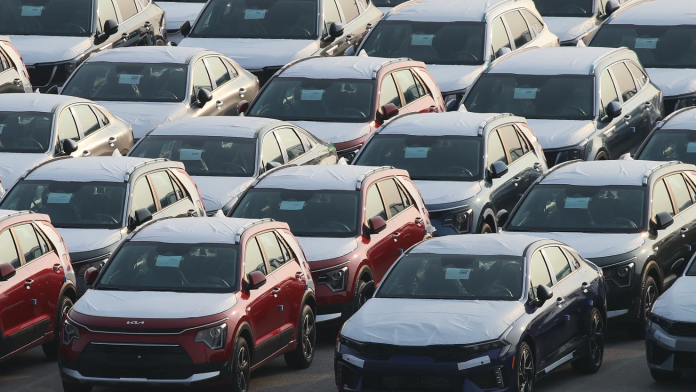South Korea announced expanded support measures for critical export industries, including biopharmaceuticals and automobiles, as escalating tariffs under US President Donald Trump’s trade policies intensify pressure on the nation’s trade-dependent economy, according to Reuters.
Acting Finance Minister Kim Beom-seok confirmed on 21 May that the government would bolster incentives for companies relocating operations to South Korea amid fears of further US trade restrictions.
The government plans to prepare in advance for item-specific tariffs, such as pharmaceutical products and semiconductors, and strengthen support for ‘U-turn’ investments.
The pledge follows Trump’s executive order to expedite pharmaceutical plant approvals and probe imports, signalling potential tariffs on foreign-made drugs. South Korea’s biopharmaceutical exports, valued at $9.59 billion in 2024 (1.4% of total exports), face heightened vulnerability, with 16% of shipments destined for the US, their largest market.
Celltrion Chairman Seo Jung-jin revealed last week the company had postponed a decision on US manufacturing expansion by six months, citing cost concerns despite “price competitiveness” in existing operations.
It is still unclear whether entering the US is the right answer.
Meanwhile, Samsung Biologics is undergoing a routine FDA inspection at its Incheon facilities, though the company denied links to Trump’s surprise overseas plant audits. Shares of Samsung Biologics surged 5% on the announcement, outpacing the KOSPI’s 1.1% gain, while Celltrion edged up 0.5%, a muted response reflecting investor caution.
Export slump deepens as deadline looms
South Korea’s exports fell 2.4% in the first 20 days of May, driven by a 14.6% plunge in US-bound shipments of autos, auto parts, and steel products. This marks a sharp reversal from April’s unexpected 3.7% export growth, which had been buoyed by semiconductor demand.
The government has already rolled out a 28.6 trillion won ($20.6 billion) package to aid sectors like automakers and SMEs, including liquidity support and subsidies for firms reshoring operations. Additional measures are under development for biopharma and semiconductors, contingent on US tariff specifics.
With a 90-day pause on reciprocal tariffs set to expire on 8 July, South Korea is racing to negotiate exemptions through a bilateral trade package. Trade Minister Ahn Duk-geun warned that domestic political turmoil—including a snap presidential election on 3 June—could delay a deal, risking 25% tariffs on auto exports and steel.
